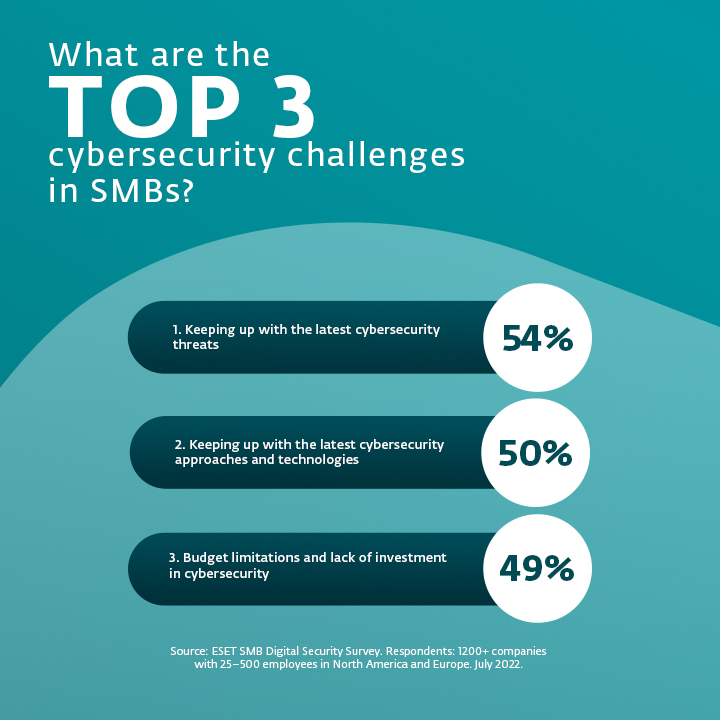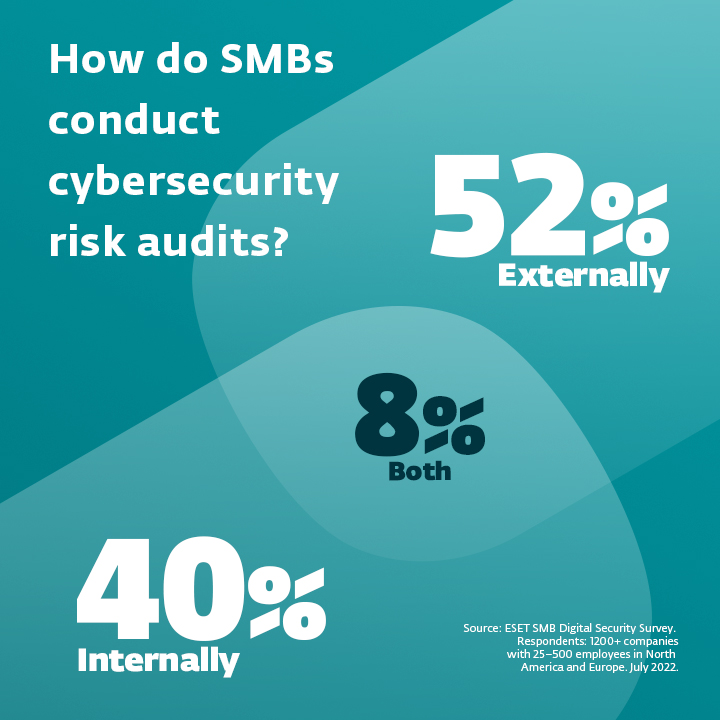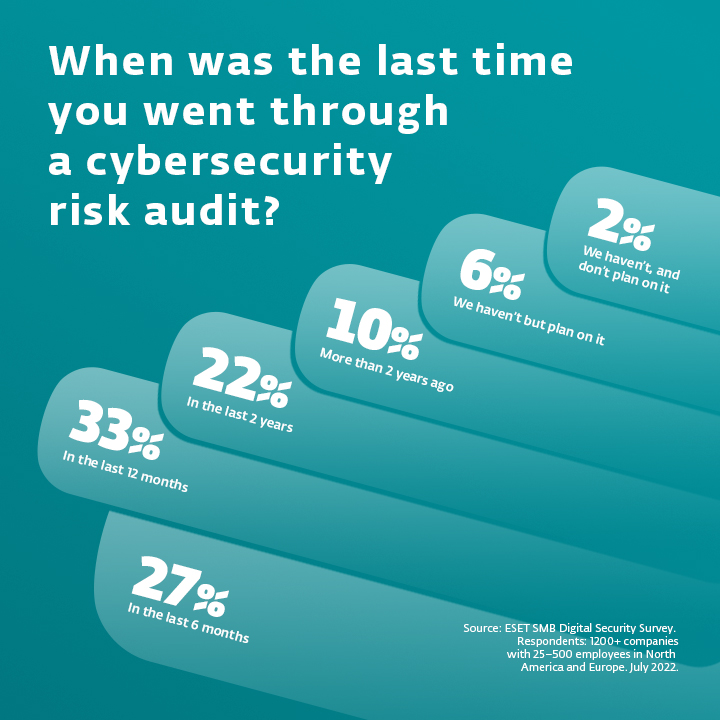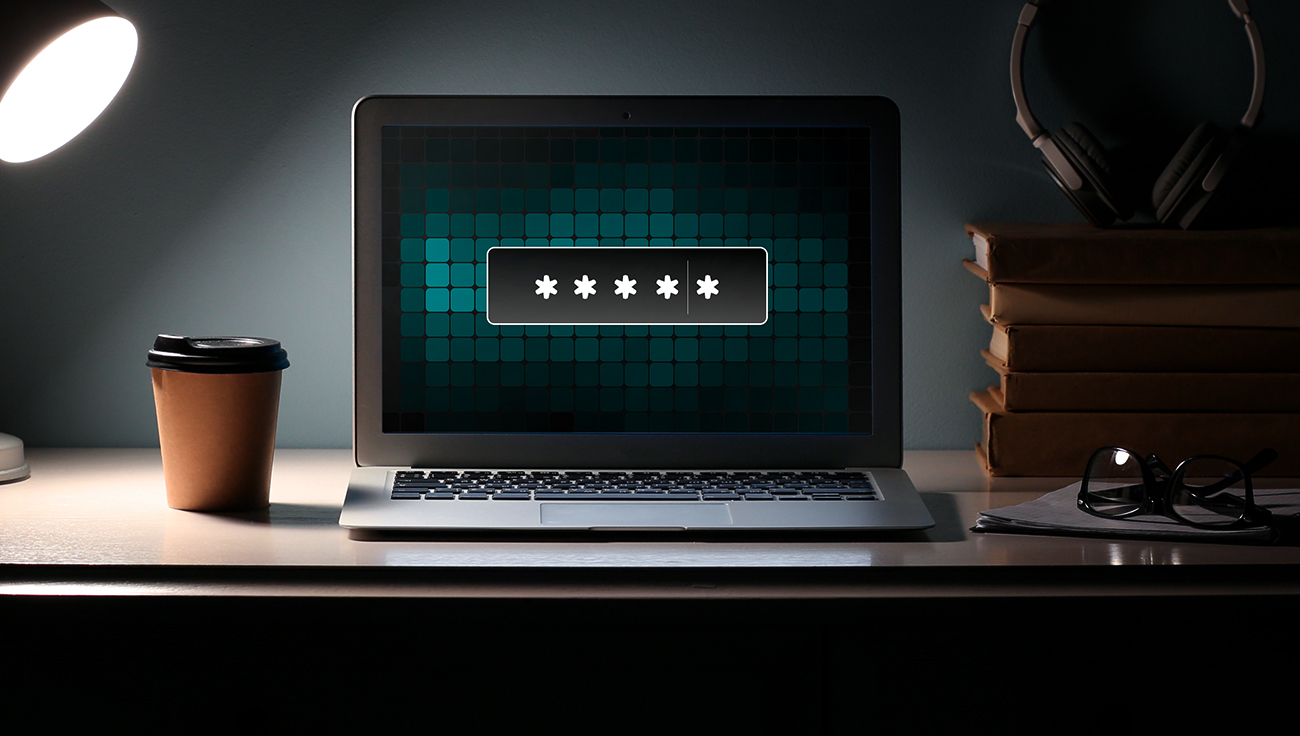Computers, mobile phones, printers, tablets, servers, emails, and Wi-Fi networks: Digital assets and smart devices have become indispensable to most companies. As a result, businesses need to consider these factors and continuously work on their cybersecurity alertness, and Cybersecurity risk audits may help them with that.
It’s pretty simple: The more devices you use online, the greater the importance of keeping them digitally secure. Techjury said there were about 13.1 billion connected Internet of Things (IoT) devices at the end of 2022. Moreover, the COVID-19 pandemic has motivated further digitalisation.
As we move deeper into the IoT era, coupled with the rise of flexible workplaces, the trend for offices and employees will only strengthen – smart watches and virtual assistants are only the starts. However, new digital solutions also represent a cybersecurity challenge that companies must consider. That is why CEOS must assess the risks that may affect them and take the necessary steps to remain digitally secure.
The first essential step on your journey towards adequate cybersecurity? The cyber-risk audit – review your organisation’s IT infrastructure to identify potential weaknesses.
|
Which areas should be tackled in a cybersecurity risk audit?
- Protection of sensitive information - Identifying and assessing cybersecurity threats - Recovery plans for lost, stolen, or unavailable data or assets - User/employee education and awareness - Protection of devices - Cybersecurity skills and resources - Response protocols if a breach occurs - Detecting when systems/assets have been compromised - Review of existing policies and procedures - Third-party or supply-chain vulnerabilities |
By assessing your cyber risk properly, preferably via external consultancy, you can:
1. Grasp the actual state of your online environment and virtual threats
It is a difficult task to stay well-informed about everything that’s going on in your company’s online fleet. How can you make sure you’re keeping your business safe? Counting on your own predictions and past experiences is not the most effective way to prepare for potential digital security incidents. For instance, having no experience with deep fakes doesn’t mean they might not affect you one day.
Thorough cybersecurity audits will give you a much more precise idea of how to protect your company from potential digital danger. They help you summarise the state of your digital world and uncover how specific devices affect it. Audits also provide you with an analysis of how your online environment could develop and predict which threats could emerge in the future. Finally, a risk audit recognises some of the less well-known, emerging, and unforeseen threats too, which is essential for the all-around protection of your business.

2. Identify which threats are the most relevant for your business
Once you have general knowledge of different types of cybercrime, it’s time to find out which risks you’re the most likely to face. While some companies could represent a typical target for a ransomware attack, other businesses may be more likely to experience phishing scams, for example. Which one would be the costliest? And which would take the most time to resolve? A cyber-risk audit will provide you with the corresponding answers. Identifying the most significant potential losses will help you find the best preventative measures.
When calculating your risks, the audits may work with information from previous cybersecurity incidents of similar companies. This is one of the reasons conducting external cybersecurity risk audits may significantly benefit your company, as security audit companies can provide a more detailed overview of your cybersecurity strengths and weaknesses.

3. Knowing your weak spots gives you a chance to fix them
Weak passwords? Unsecured Wi-Fi? Unreliable or irregular backups? What are your main digital downfalls? A cybersecurity risk audit will guide you in which direction to go when upgrading your security. For instance, according to Sutcliffe & Co, weak and stolen credentials are the main reason behind data breaches, followed by social engineering attacks, physical intruders, and insider threats. All these potential weaknesses and threats demand different preventative steps. Hence, companies need to know which aspects to prioritise to upgrade their security, and cybersecurity risk audits will provide them with the required information.
Your weak spots may also change as time passes, so conducting cybersecurity risk audits regularly is a good idea.

For instance, the latest years have brought many dynamic changes. According to the ESET SMB Digital Security Sentiment Report, 73% of SMBs admit that the pandemic and the war in Ukraine have motivated them to increase their cybersecurity investments. In other words, as the world changes, cybersecurity does too.
|
Did the hybrid work regime bring on more risks?
The shift toward a hybrid workspace was initially set in motion by the COVID-19 crisis. Nowadays, it is common for companies to offer the option of hybrid work. As a result, they need to implement additional security measures – from effective remote administration to disk encryption. As a part of your cyber-risk audit, consider how many employees work from home or plan to work from home and consider whether they use corporate or private devices. Digitalisation and flexible workplaces are great, but only if they remain well-protected. |
4. Evaluate and redefine your current security measures
Once you know the different online touchpoints, weak points, and threats, do you know which steps to take to stay protected? For example, if the highest risk factor is your employees, who perhaps lack cybersecurity knowledge, what can you do to educate them? Cyber-risk audits can be the required motivation for security updates and innovative changes to your approach toward digital safety.
Hire a professional to assess your cyber risk. You can make enlightened cybersecurity decisions, and cybercriminals will find it much more difficult to affect your business in any way. If you re-evaluate your security measures, you can remain one step ahead of hackers and competitors.



